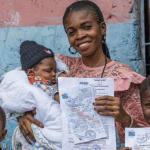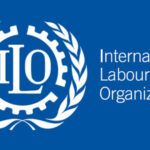European societies are undergoing significant demographic shifts due to population ageing and increased international migration, resulting in major changes in the provision of care, social protection and intergenerational responsibilities.
These transformations may exacerbate existing inequalities facing migrant carers. Migrants’ social rights in each national context are mediated by varying welfare models and specific migration regimes – immigration and naturalisation policies which regulate entry categories, conditions for settlement and acquisition of citizenship, and immigrant policies that determine the level of access to public services.
Different policy scales (local, regional, national and transnational) affect the formal and informal arrangements through which migrants and their transnational families can organise care locally and transnationally.
Furthermore, the COVID-19 crisis has brought into stark relief the care deficits many
European countries are confronting as ageing societies.






